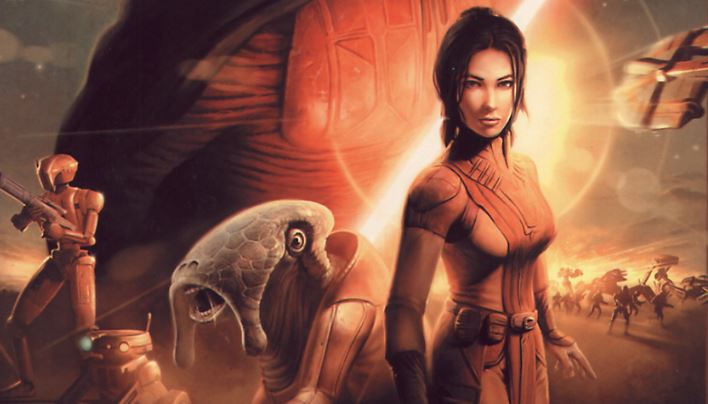
Find all previous editions of the PCG Q&A here. Some highlights:
- What singleplayer game is better with friends?
- Which keys do you always rebind?
- How do you hold your mouse?
Ultima 4: Quest of the Avatar let players rip off blind merchants, murder the innocent, and also be slightly too boastful in conversation. The goal was to be good, but that meant the option to do evil had to be there as well. From there games like Quest for Glory would involve optional sidequests to commit burglary and Baldur's Gate provided enough evil NPCs to round out a whole party committed to bastardry.
Do you bother with evil playthroughs? Have you gone full dark side in Knights of the Old Republic, or just been a bit racist about aliens in the first Mass Effect? Snapped at Clementine in The Walking Dead? Kicked a puppy? Let us know.
Robin Valentine
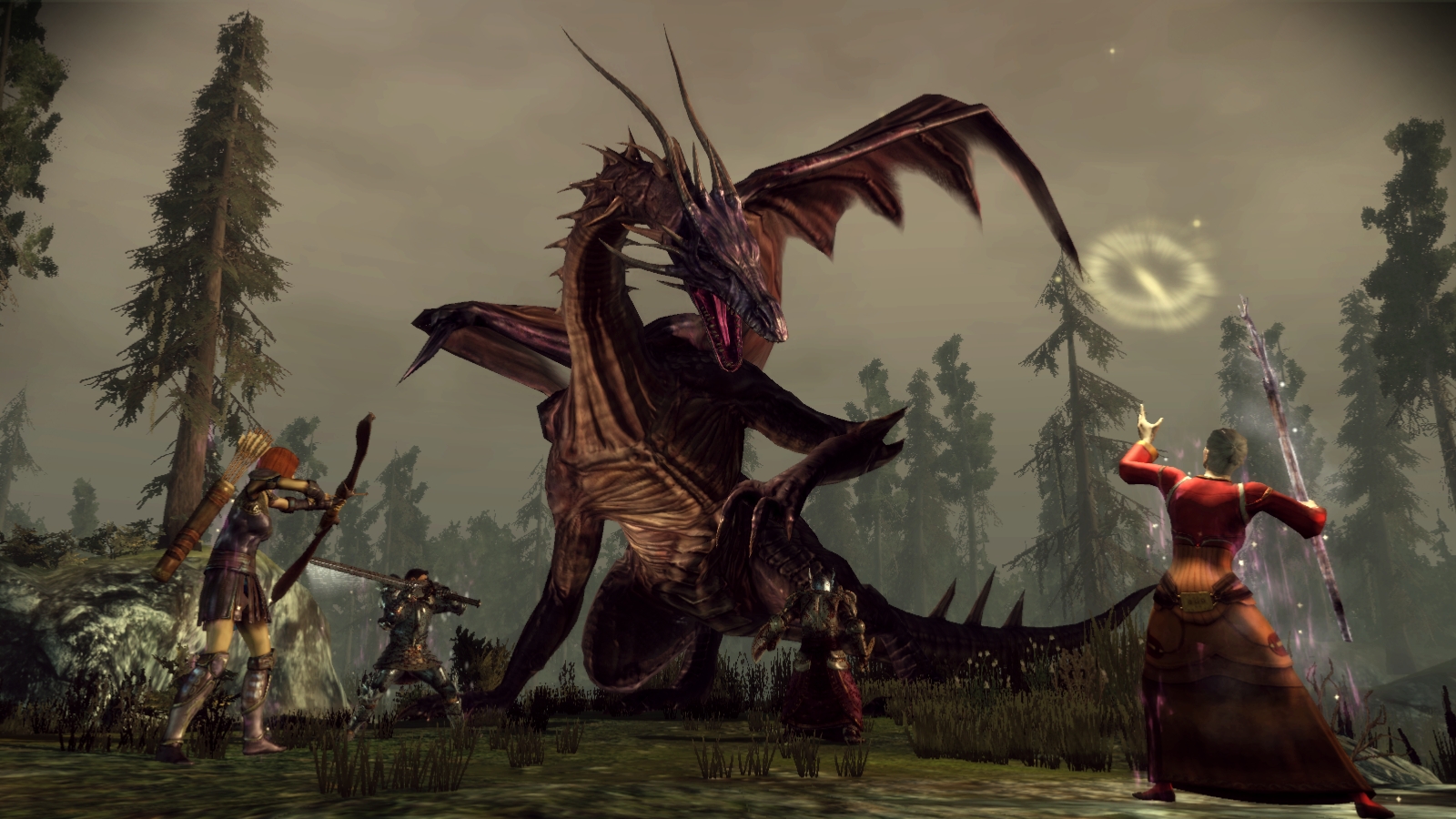
I really dislike straightforwardly good/evil moral choices in games. These days they seem to mostly have been replaced with a more nuanced approach, but for a while it felt like every game had a system where you could save orphanages until your eyes glowed blue, or burn down orphanages until they turned red. My biggest problem with them was that I've never had that urge in a game to be evil for evil's sake. Doing bad things for understandable reasons, sure—I've played a Blood Mage in Dragon Age, for example, saving the world with evil magic—but mindless naughtiness has never appealed. I think for me it's about investment—I get the most out of games when I get immersed in their reality. When I'm acting like a sociopath, I'm the opposite of immersed. I'm leaning completely into the fakeness of the experience, the fact that none of it's real and none of it matters. To me, that just becomes instantly boring.
Well, except when I'm playing as a goose, of course.
Jarred Walton
I don't normally think too much about "good vs. evil" in the choices, though I admit I usually start out as good until I discover that certain actions don't have consequences. Like in the recent Fallout and Elder Scrolls games where all stolen objects are marked as such until they go through a fence or whatever? I don't generally steal. But if I can steal without repercussions (unless I'm caught in the act), I'm far more likely to do so. But while I usually play as a good or at least not evil character, I love reading stories on how games react to your bad behaviors. The earlier Fallout games were especially good at this, and I'm definitely looking forward to seeing how The Outer Worlds deals with character choice. Perhaps I might even give being a force of chaos a shot.
Evan Lahti
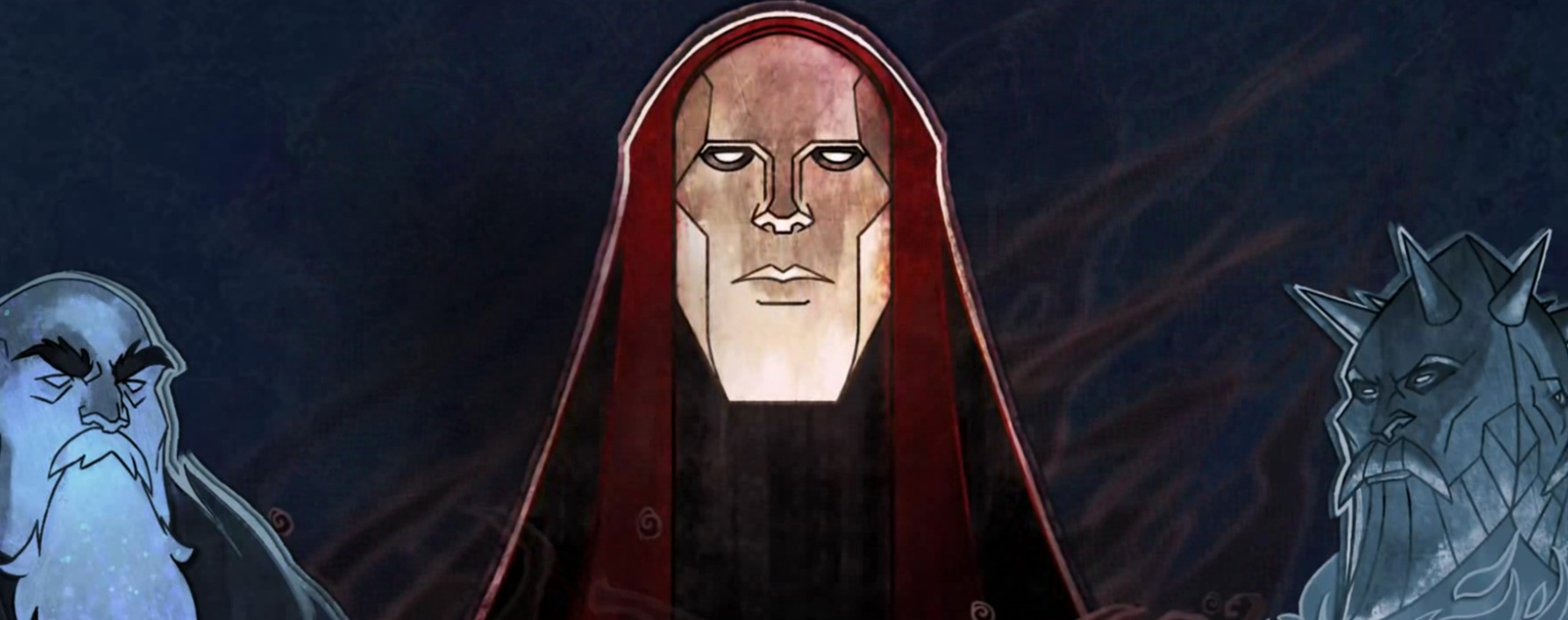
I enjoyed being bad in Tyranny, an underappreciated fantasy RPG that was all about being bad. It still has one of my favorite introductory sequences, which asks you to pre-seed the world with meaningfully cruel choices from a map's eye view of the world. In 2016, I said that this prologue was "a smart way of managing Tyranny's scope. You get to feel the impact of big decisions that changed (or ended) the lives of thousands, but you don't have to wait 60 hours to see their effect. I felt invested in the story in minutes because I was making these big swings in the world." I loved playing a game that from the outset felt tonally and thematically slanted toward evil, even if there are ways to present yourself as more of a do-gooder throughout the campaign.
Lauren Morton
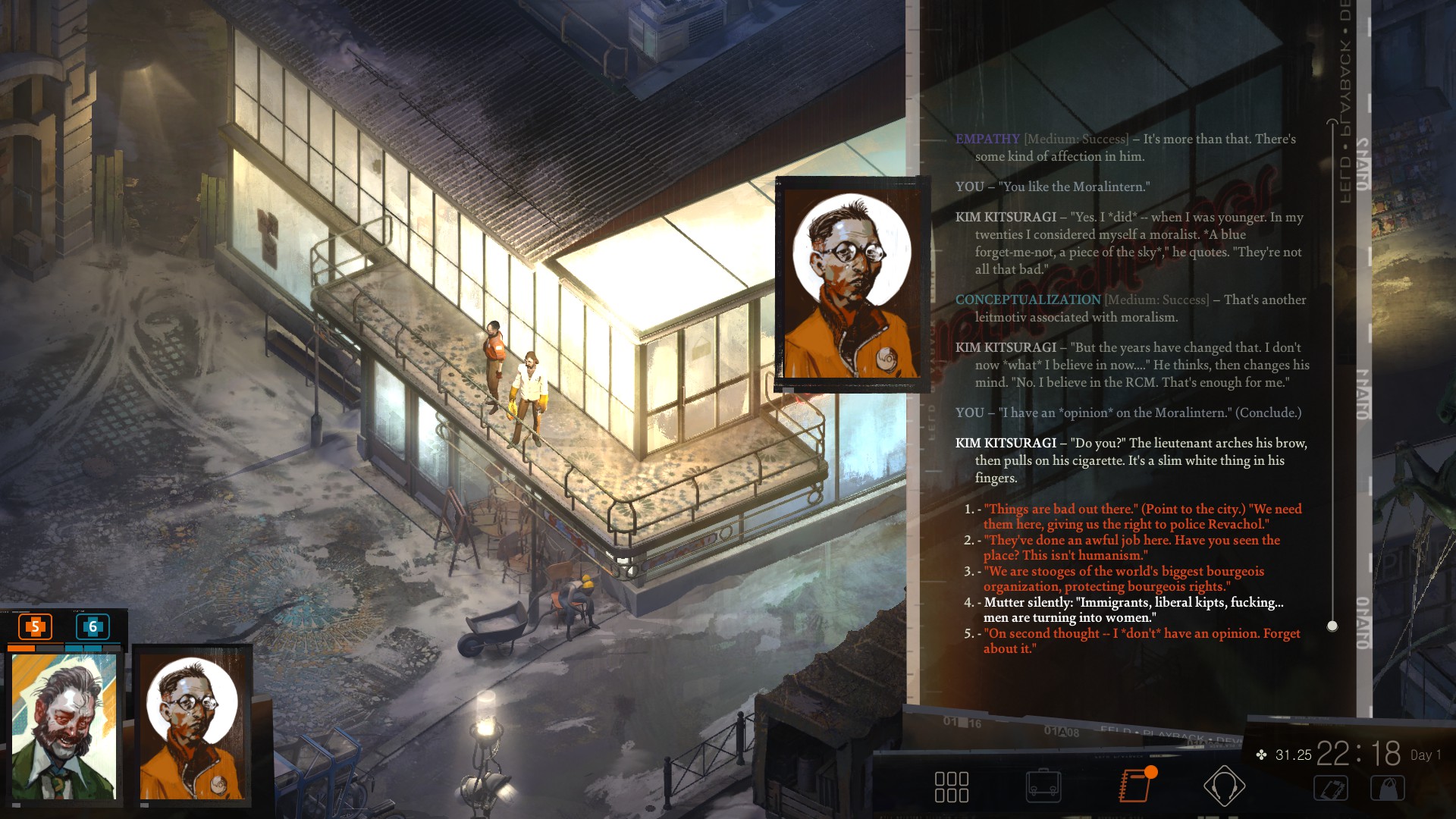
I always imagine the appeal of an "evil playthrough" is either in the wish-fulfillment of acting out things I wouldn't do in real life or simply pushing at a game's writing to see how much of my behavior the writers have anticipated and written in fun acknowledgements for. But I don't have much interest in being bad. For me, the better self-insert is in the "witty playthrough" where my protagonist always seems to know the most intelligent or funny thing to say. I love a clever protagonist who thinks well on their feet because quite honestly I don't do that well in spoken conversation. At the moment I'm playing through Disco Elysium and have rolled a super empathetic Nice Cop and although I'm really enjoying that role, I know that I'm definitely missing out on some exceptionally clever writing by not making my detective more witty as I usually would in an RPG. Nice Cop is, sadly, way too much like me.
Keep up to date with the most important stories and the best deals, as picked by the PC Gamer team.
Christopher Livingston
Since I spend most of my actual life trying to do The Right Thing, I enjoy the chance to be something of an evil bastard in RPGs. It's not always full-on evil, but I usually do whatever benefits my character the most, and that often includes screwing over pretty much everyone else.
But the best part of being bad is when I meet characters that are so endearing, well-written, or enjoyable that they actually change the way I'm playing. Great characters can turn my bad character good, basically. Having an enjoyable companion I don't want to disappoint, or encountering someone whose plight really speaks to me, and suddenly I'm less of a bastard and more of a hero. It's always fun when the character I'm playing is actually getting some of their own character development along the way.
Jody Macgregor
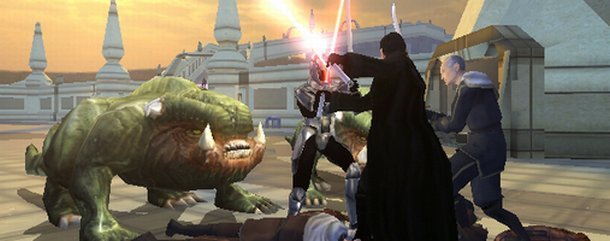
After sticking to the light side in Knights of the Old Republic I tried to go dark side in its sequel. I didn't make it far past the tutorial before regretting that. Like Chris I can't disappoint my companions, and they inspired me to change my ways. I reformed, and carried on toward the light side but with the memories of what I'd done rounding out my character more than if I'd stuck with one side of the wheel from the start.
Even when I don't dabble in the bad stuff I appreciate it being there. The temptation adds weight to the choices I do make. Knowing that I could have been bad makes being good much more interesting than when it's the only option.
The collective PC Gamer editorial team worked together to write this article. PC Gamer is the global authority on PC games—starting in 1993 with the magazine, and then in 2010 with this website you're currently reading. We have writers across the US, UK and Australia, who you can read about here.


